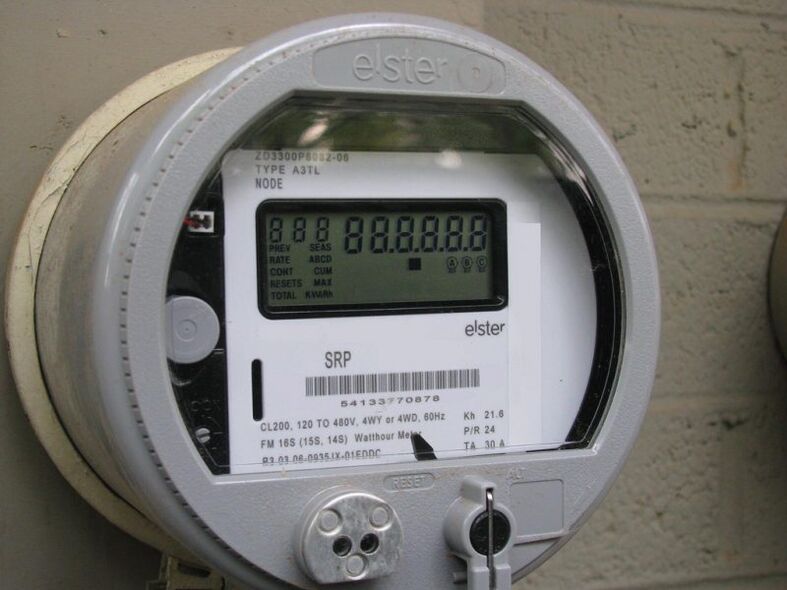The presence of a large number of lighting devices and many electrically consuming appliance units is a common occurrence in a city apartment. It is perfectly understandable for a modern person to want to live in a comfortable, interesting and convenient way. But all these benefits of civilization are becoming more and more "gluttons" while the resource itself is becoming more expensive. Monthly electricity bills are getting huge. After receiving the next receipt, many have to think about how to save electricity in the apartment, in order not to give a significant part of their budget to the state. If you approach solving this problem responsibly, then it is quite possible to do so.
Pay attention to lighting if you want to save energy
To save electricity, start by converting old light fixtures and the interior of your apartment. Out of habit, most people use the central ceiling light in large, bulky chandeliers that are powered by multiple bulbs. At the same time, outdated models with incandescent spiral are used. In winter, it gets dark early, which means you have to turn on the lighting for a long time. As a result, monthly electricity bills increase in size.
And this is one reason to save light and replace common light bulbs with energy-saving fluorescent or LED bulbs. They cost a lot more, but they differ advantageously in that they don't consume much electricity for your work and, at the same time, are designed for a long service life. In this way, one-time acquisition costs translate into sustainable savings in the future.
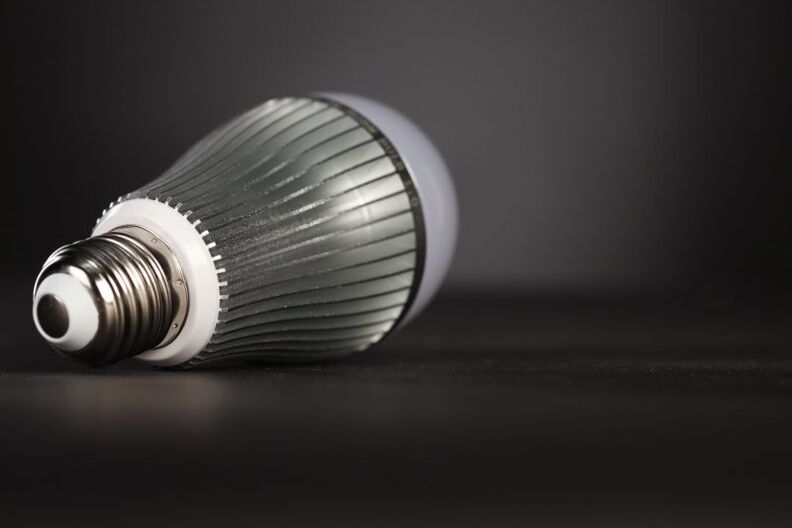
Also, to reduce the total kilowatt-hours:
- keep lamps, glass curtains and windows clean;
- make the most of natural light;
- glue to walls with clear wallpaper;
- turn off the light in the room when there is no one for a long time.
Use localized area lighting and low power lighting fixtures. If necessary, install motion sensors that will turn off the light in an empty room. This will help you save a lot of energy in your home.
Save energy for the most powerful consumers
The refrigerator is the appliance that wastes the most in terms of energy consumption, as it must work all the time to save food. To save electricity in the apartment, use one of the modern models with low energy consumption (marked by the manufacturers as class A). That said, you shouldn't buy the biggest device. Choose the right amount of equipment based on your family's needs.
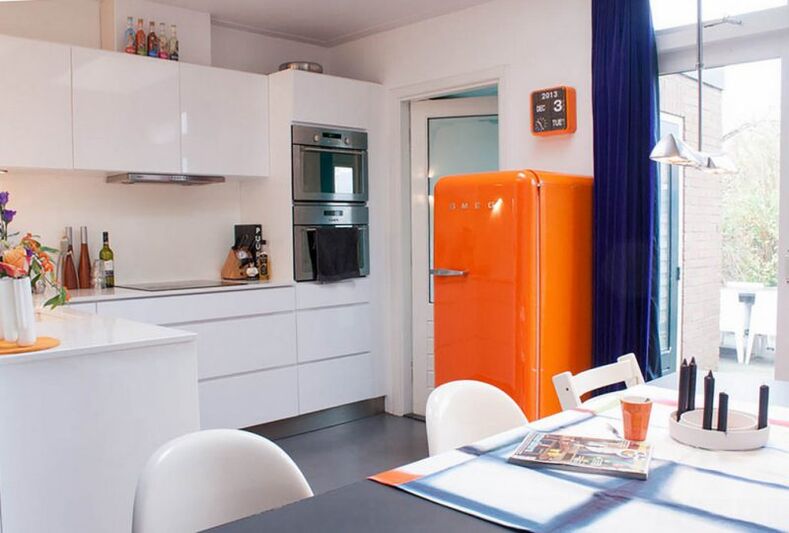
You can pay less for an old refrigerator if replacement is not yet possible. For this:
- Defrost the freezer regularly (except for models with "No Frost" system).
- Periodically check the tightness and tightness of the door seals.
- Only place dishes and pots inside that have cooled to room temperature.
- Ventilate the kitchen if the temperature rises above 30 degrees.
- Place the refrigerator away from heating appliances.
- Provide adequate and constant ventilation at the rear of the device.
The electric stove is another powerful consumer of electricity, but in this case there are several tricks that can help reduce costs. Save money:
- Preheat the oven strictly at the time indicated in the recipe, not in advance.
- Switch off the stove a few minutes before the food is ready, using the heat from the cooking plates.
- Use flat-bottomed pans exactly the size of the heater.
- Don't use too much water to cook instant meals; cover the pots with lids.
- Use an electric kettle to boil water for tea.
By following these simple rules, the savings can be significant.
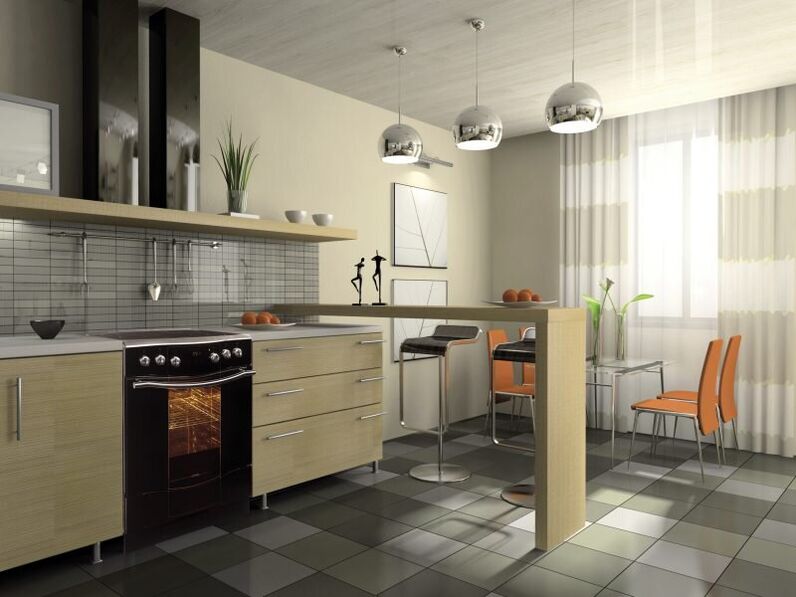
Home appliances can consume less electricity
The washing machine is an essential electrical appliance in everyday life, but it accounts for up to 20% of the current consumed. This as long as all the possibilities of the technique are used incorrectly. At the same time, it is perfectly possible to save electricity in the apartment, but it is also possible to wash it not manually. To do this, wash the stains off first. Load the trimmer to the maximum allowed, but do not overload it. Choose the most suitable washing mode for the fabric:
- cotton;
- synthetics;
- there.
Give preference to the quick and economical washing mode. Set the temperature regulator to 30-40 degrees if the laundry is not too dirty. This will help to reduce energy consumption and therefore the payment amount.
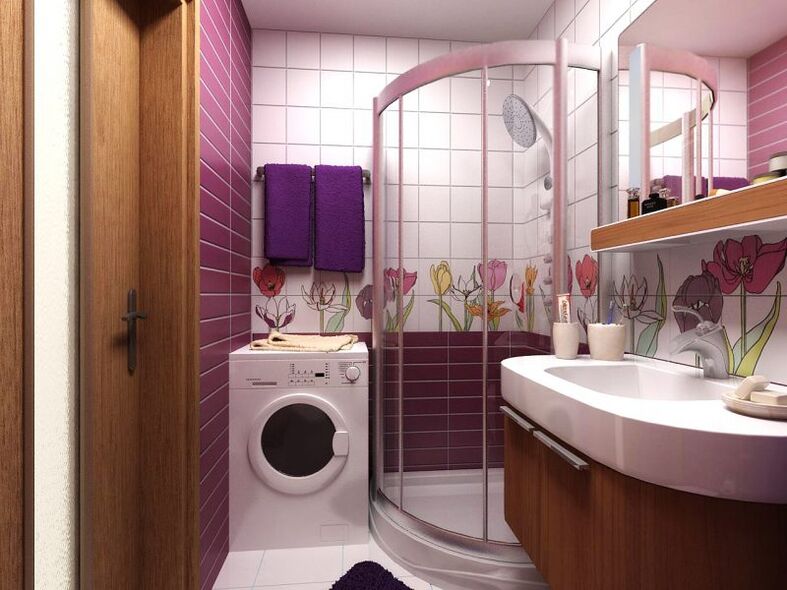
Another device is an electric boiler. It allows you to always have hot water on hand, but to make heating water really economical you need to put it in and set it up correctly. To do this, install the boiler as close as possible to the bathroom so that the liquid does not cool down when passing through a long supply of water. Optimize the boiler operating mode by adjusting the heating element on and off times. Clean the scale's heating element from time to time, increasing its heat output.
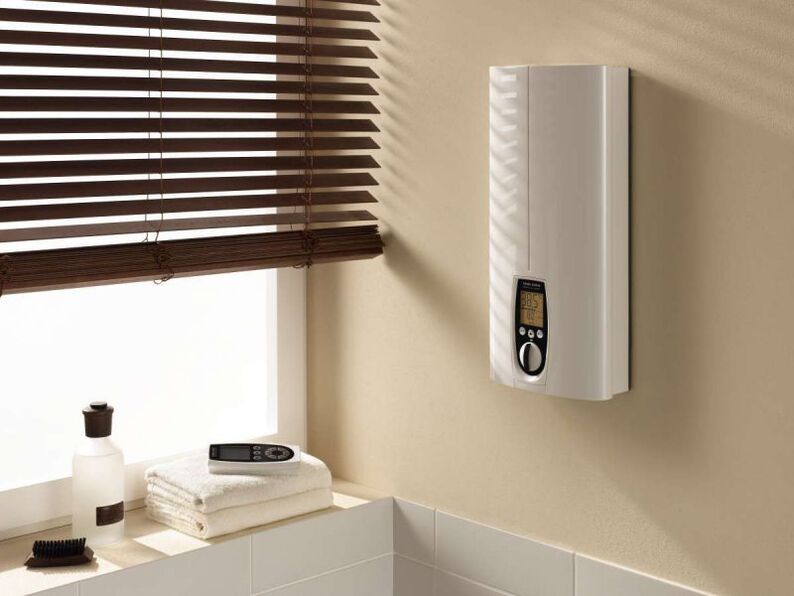
don't pay for what you don't use
Today you can enjoy leisure and fun without leaving your apartment. For that, there are color televisions, personal computers, laptops, stereos and DVD players.
To save energy, turn them on only when needed and turn them off when away from the room for a long period. A few hours of work needlessly - and in a month, depending on the device model, several tens of extra kW can "increase".
Therefore, turn off the TVs with the remote control and also put them on standby:
- All night;
- when leaving for work.
For a long absence, it's best to unplug the cable completely.
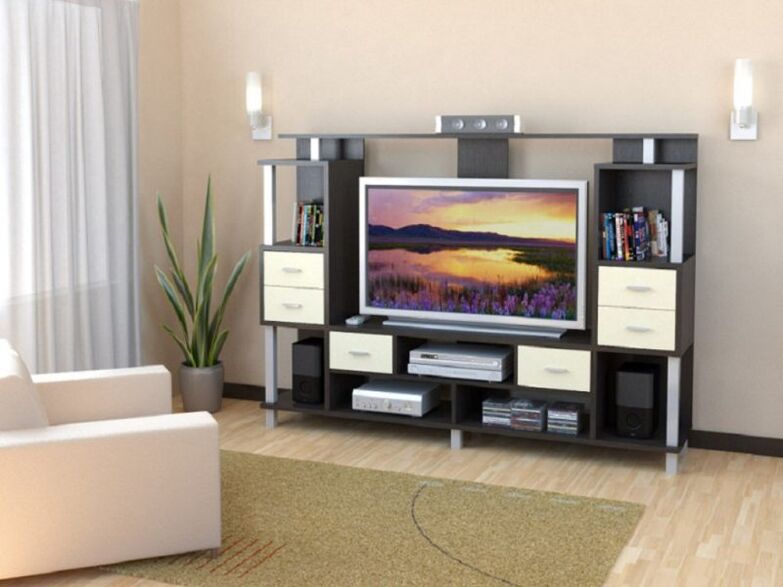
Computers are a technique that can be found in almost every home. There are electricity saving rules for this category of electrical appliances. Powerful components like processor, graphics card and widescreen monitor often require a significant amount of power in a stationary device. In that sense, notebooks are much more economical.
In order not to pay too much and save energy, set the desired value in the PC's power consumption settings. If you don't want to shut down programs, put the computer into hibernation. Turn on all peripheral devices connected to it through the power strip:
- printers;
- scanners;
- modems.
Turn them off after the session ends. Unplug your laptop or computer completely if you are not going to use it for a long time. Savings on electricity and money will be visible soon.
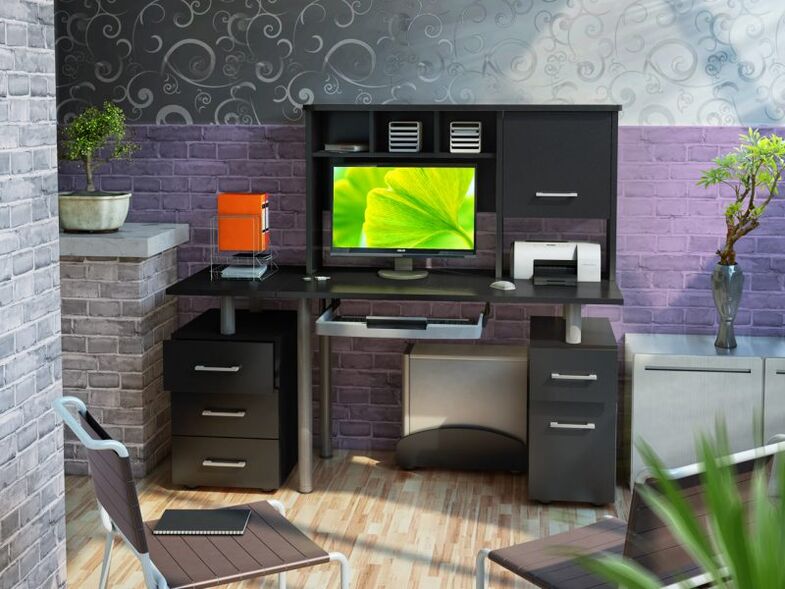
don't heat but heat
The central heating in the apartments has a feature. They turn it on according to schedule and the coolant does not always reach the required temperature. For this reason, many are used to using electric heaters, convectors, etc. Early onset of cold weather, old radiators, and frames that aren't glued for the winter can also force them to turn on additional heat sources.
All of this contributes to the apartment being fresh and not comfortable. Heaters are convenient because, with their small dimensions, they allow you to quickly heat the air in the room to the desired temperature, but at the same time, the appliances consume a lot of expensive electricity to operate. The power of an installation is measured in several kilowatts, so it is not difficult to calculate how many rubles per month this heating of an apartment could cost.
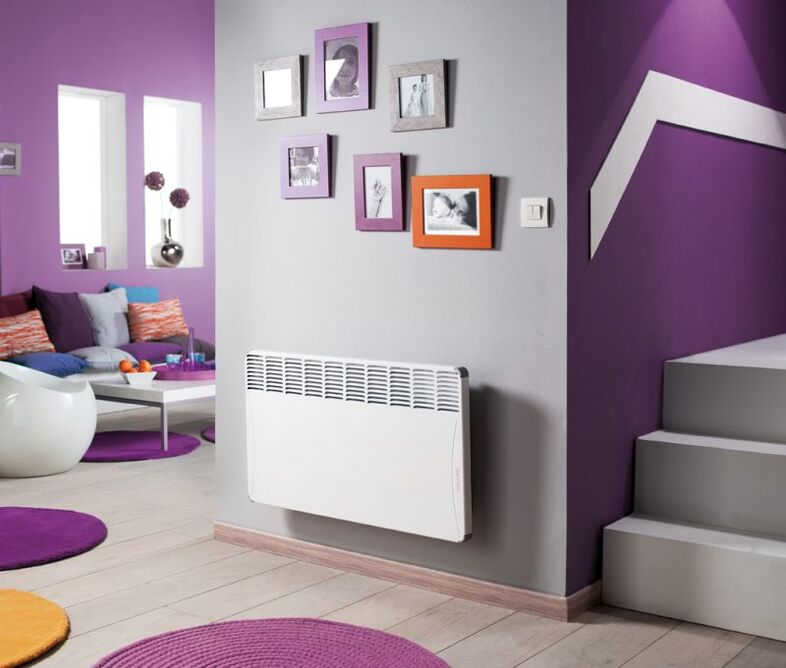
So, to save energy, it is more cost-effective to take measures to increase the energy efficiency of the house: changing old frames and doors, insulating walls, washing or installing new heating radiators. Of course, this requires serious investment in the initial stage, but in the long run it's profitable as you'll have to pay less for the light.
Install new meters to save energy
Saving electricity in a metered apartment is also possible due to metering devices. Older meters, familiar to everyone, are designed for a flat rate regardless of the time of day the resource is being consumed. For those who have few consumers connected at home and they are not used very often, it doesn't matter. Owners of large apartments and various equipment can benefit from the installation of modern two-rate metering devices.
Due to the lower cost of 1 kilowatt at night, the use of powerful equipment is much cheaper. Mainly includes installations with heating elements - washing machines, dishwashers, bread makers, water heaters. These devices can easily be programmed to work at a convenient time and you will have to pay less. Energy savings can be as much as 25% of the previous payment amount, which is undoubtedly beneficial.
